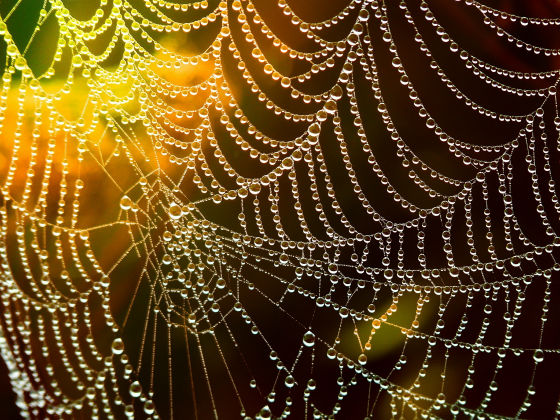The so-called "link tax" that is subject to a copyright fee just by pasting a hyperlink is about to be introduced by the EU

Discussions on the revision of the copyright law are progressing in the EU, among which the Internet link (Hypertext) To make a request for payment of copyright royalty also to the presentation act called "Link taxDiscussion is actively being done over the consequences of " Meanwhile, the EU revised copyright bill including the introduction of the link tax was passed by the committee to discuss the copyright of the EU, and it is expected that the verdict will be carried out on the bill at the European Parliament at last.
EU MEPs vote to approve maligned copyright law changes
https://www.siliconrepublic.com/enterprise/eu-copyright-memes-vote
'Disastrous' copyright bill vote approved - BBC News
https://www.bbc.com/news/technology-44546620
On June 20, 2018 the EU 's revised copyright bill was passed by the European Parliament Legal Affairs Committee. By doing so, if it is finally passed by the European Commission in July 2018, the EU revised copyright law is expected to be officially established.
Regarding the EU revised copyright bill, there are concerns from all over the world that concerns may hamper free information distribution on the Internet. The 11 or 13 articles of the bill are mainly considered as problems.
· Article 11 "Link tax"
In Article 11, so-called "link tax" is stipulated. For example, when a news curation service introduces an article with a link to an online article of a newspaper publication, it is also possible to use the copyright to the copyright owner (the newspaper company in this example) Payment of fee incurs obligation. This article 11 is designed to limit the influence that high-tech leading companies such as Google and Facebook have on news publishers.
However, introduction of link tax hinders the provision of small-scale curation service that selects original articles, eventually concerned that only major services such as Facebook and Google that can pay royalty will survive It has been. There is also criticism as to whether the publisher's interest that the news can be picked up by various routes is also damaged. Furthermore, it is pointed out that the definition of 'link' is ambiguous and it may allow arbitrary constraints of freedom of speech by the government depending on the operation.

By the way, the same "link tax" has been introduced in Belgium, Germany and Spain in the past,Google canceled news distributionAs a result, there was a circumstance that it was canceled because the traffic of the search-inflowed publisher has drastically decreased. The European Commission will try to re-challenge the introduction of link tax throughout the EU under the EU revised copyright law.
· Article 13 "mandatory content recognition system"
In the EU revised copyright law, another article in which the discussion is in conflict is not a copyright infringement on uploaded content for all platforms that allow content posting such as movies, music, images, etc. It is Article 13 that obliges the introduction of a system to check whether or not.
Currently, YouTube, a leading movie distribution company, introduces a system that automatically checks whether it is a copyright infringement or not, and voluntary deletion of illegal content is done, but basically after receiving a copyright infringement complaint It is the after examination method to check. However, in Article 13, it is required to check the copyright infringement of the content uploaded by the user in advance, and it is mandatory to introduce the crawling function to delete before the copyright owner's claim.

However, if an automatic checking system is obliged, images, texts, movies, etc. containing materials suspected of copyright infringement are excluded even if legitimate, including parodies, are eliminated as much as possible, as in censorship I am worried that it will fulfill the function.
For Article 11 above, approval is approved within a very small difference of 13 and 12, while 13 is approved with 15 and 10 against which there are still many opposing opinions.
In response to the EU revised copyright law passing through the European Parliamentary Legal Committee, the nonprofit organization Creative Commons stated that it is "a dark day for the open web".
.@ EP_Legalhas adopted both Article 11 (# linktax) and Article 13 (#CensorshipMachinesIt's a dark day for the open web, but the fight will continue in the upcoming plenary vote in the European Parliament.#SaveYourInternet#SaveTheLink# FixCopyright
- Creative Commons (@ creativecommons)20th June 2018
The Electronic Frontier Foundation calls on citizens to act, "We should express dissenting aim for the bill's rejection in parliament."
The European Parliament's JURI committee has approved new copyright rules for the Net-but we can still stop them. Tell your MEP to vote against the# linktaxand#censorshipmachinein the full Parliamentary vote later this year.https://t.co/8xRA6oNnHv
- EFF (@ EFF)20th June 2018
Related Posts:
in Note, Posted by darkhorse_log







